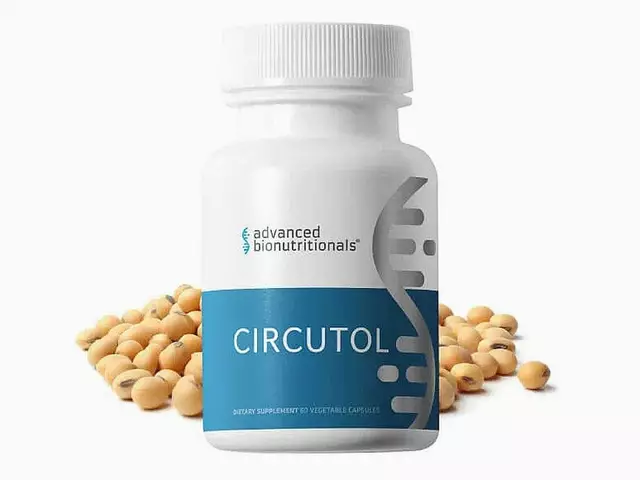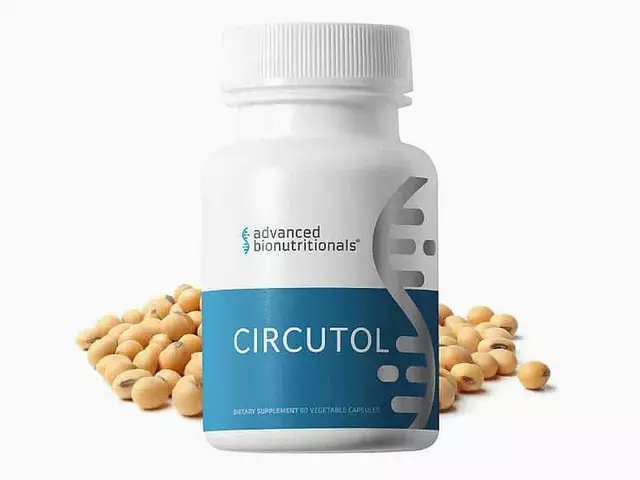What Causes Hypophosphatemia? Quick Answers for Everyday Life
Low phosphate in the blood—called hypophosphatemia—might sound like a lab term, but it can affect your energy, bones, and muscles. Knowing why it happens helps you catch it early and fix it before things get messy.
Common Everyday Reasons
First up, think about what you eat and drink. Phosphate is in meat, dairy, nuts, and whole grains. Skipping these foods or following a very low‑carb or vegan plan without proper supplements can drop your levels. Alcohol is another sneaky culprit; heavy drinking makes the kidneys dump phosphate.
Some over‑the‑counter meds also play a part. Antacids that contain aluminum or calcium bind phosphate inside the gut, so you don’t absorb enough. Diuretics—especially the loop kind used for high blood pressure—push phosphate out through urine.
Medical Conditions That Pull Phosphate Down
When your body’s handling of phosphate gets thrown off, it’s often a sign of something bigger. Chronic kidney disease can cause phosphate to leak out or be re‑absorbed incorrectly. Certain hormonal disorders, like hyperparathyroidism, crank up parathyroid hormone, which tells your kidneys to dump phosphate.
Infections and severe injuries can trigger a sudden shift of phosphate from the blood into cells. Think of it like a rush of traffic moving into a parking lot—you end up with an empty street (low blood phosphate). Burns, fractures, and major surgeries are classic triggers.Rare genetic problems, such as X‑linked hypophosphatemic rickets, make the kidneys waste phosphate for life. If a young person shows bone pain and growth issues, this could be the hidden cause.
Lastly, some cancer treatments—especially chemotherapy drugs like cisplatin—damage kidney tubules, leading to phosphate loss. If you’re on chemo and feel weak or have muscle cramps, ask your doctor to check phosphate levels.
Bottom line: diet, alcohol, certain meds, kidney issues, hormonal swings, severe illnesses, and some genetics can all drive hypophosphatemia. Spotting the pattern early means you can adjust food, tweak meds, or treat the underlying disease before fatigue, bone pain, or breathing problems set in.
Feeling a mix of tiredness, muscle weakness, or weird tingling? Those can be early signs. A simple blood test tells the whole story, and most doctors can fix it with diet tweaks, phosphate pills, or by addressing the root cause.
When you know the triggers, you’re ready to keep your phosphate in the healthy range and stay on top of your energy and bone health.

Why Low Phosphate Causes Muscle Weakness: A Clear Guide to Hypophosphatemia
- Date: 22 Sep 2025
- Categories:
- Author: David Griffiths
Discover how hypophosphatemia leads to muscle weakness, its common causes, diagnosis, and effective management strategies in a concise, human‑focused guide.




